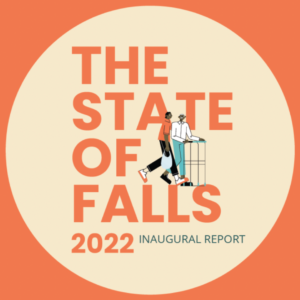Overtime, inadequate training linked to CNA injury rates, study finds
Do assistive devices, training, work environment and personal attributes alleviate injuries for nursing home aides? A new study by researchers at the Research Triangle Institute took on that question. Using 2004 data from the National Nursing Assistant Survey and the National Nursing Home Survey, researchers analyzed the causes of injuries to CNAs on multiple levels—from pay scale to job preparation to organizational culture.
Some study findings:
- A work-related injury was reported by 60.2 percent of CNAs, with 24 percent unable to return to work.
- Higher wages were associated with less risk of on-the-job injury.
- New workers, frequent job changers and lower paid workers have a higher rate of injury than seasoned nursing assistants.
- Many injuries to CNAs are inflicted by aggressive residents.
- Surprisingly, researchers found that aides working in facilities with assistive equipment were not less like to be injured than those in nursing homes that did not have the equipment.
The researchers suggested interventions that may reduce the risk of CNA injury beginning with more comprehensive training, especially in dealing with aggressive residents, safe patient handling, time management and more.
I Advance Senior Care is the industry-leading source for practical, in-depth, business-building, and resident care information for owners, executives, administrators, and directors of nursing at assisted living communities, skilled nursing facilities, post-acute facilities, and continuing care retirement communities. The I Advance Senior Care editorial team and industry experts provide market analysis, strategic direction, policy commentary, clinical best-practices, business management, and technology breakthroughs.
I Advance Senior Care is part of the Institute for the Advancement of Senior Care and published by Plain-English Health Care.
Related Articles
Topics: Risk Management , Staffing











